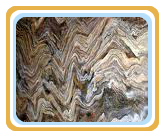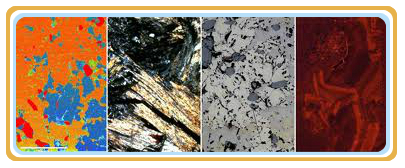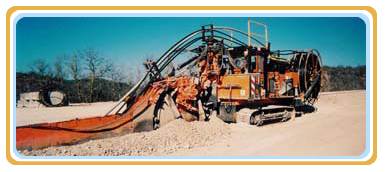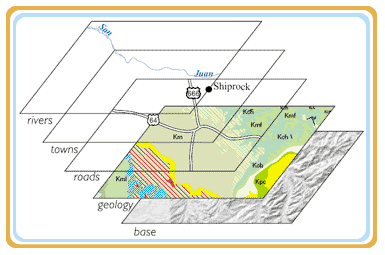The Department of Earth Sciences provides master's and doctoral programs. The Department of Earth Sciences has two primary discipline doctoral programs of Geology and Earth Exploration and Information Technology; two subordinate discipline doctoral (including Cartography and Geographic Information Systemsand Environmental Sciences), eleven master programs (including Historical Geography, Physical Geography, Human Geography, Meteorology, Marine Geology, Geological Resource & Geological Engineering, Environmental Science, etc), and also has a post-doctor station of geology. The graduate education in this department focuses on the frontier research fields, in order to cultivate creative talents and practical ability. The high-quality education aim to improve students’ ability of obtaining new knowledge and doing scientific research independently. A series of lectures, seminars, and fieldtrips are set up to help students to establish the concept of modern geological sciences and to serve a strong background in the latest research areas. There are also exchange opportunities for graduate students to communicate with foreign geologists. It aims to promote the internationalization of our department and to improve students’ ability of international communication.

Structural Geology
It is the study of the three-dimensional distribution of rock units with respect to their deformational histories. The primary goal of structural geology is to use present geometries to reveal the deformation (strain) history, and the stress field resulted from the observed strain and geometries. The evolution of the stress field can be linked to important regional geologic events.

Earth Exploration and Information Technology
The program aims to improve students’ experiment skills and practical research ability. The graduate students are required to master at least one aspect of the theory of Earth Exploration and Information Technology, including geophysical information technology, engineering geophysics, calculating geophysics, high-resolution seismic exploration, oil-gas resource exploration and coalfield geophysical exploration. The graduate students of Earth Exploration and Information Technology from our department are primarily employed in scientific research institutions of ocean, oil-gas field, mineral resource and engineering exploration.

Cartography and Geographic Information Systems
They are both opportunities and challenges for mineral resources prediction. With the development of mineral resources prediction and the rapid growth of the various geological data available, the applied research of GIS in mineral resources prediction will be getting popular and deepening along with the development of geological information science. Developing mineral resources prediction on GIS not only has great practical significance for promoting the applied process of GIS in mineral prediction, but also contributes to the comprehensive study of information on geology, tectonics, mineral resources, geophysics, geochemistry, aeromagnetology, and remote sensing etc. It also has a certain degree of scientific significance to further promote mineral resources prediction methods and theoretical system. Furthermore, it contributes to develop new methods for the mineral resource potential evaluation.

Environmental Sciences
Are you up to the challenge of finding innovative methods and sustainable solutions to the threats to the environment? The Environmental Sciences program in our department focuses on the natural, technological and social sciences. The graduate students will gain insights into the socio-economic causes and the characteristics of pollution and degradation of the natural environment, including the effects on human beings, the atmosphere, ecosystems and other organisms. This program will be integrated with interdisciplinary approaches. The graduate students will be trained to develop analytical tools and models, technologies, socio-political arrangements and economic instruments to solve environment/sustainability-related issues.
